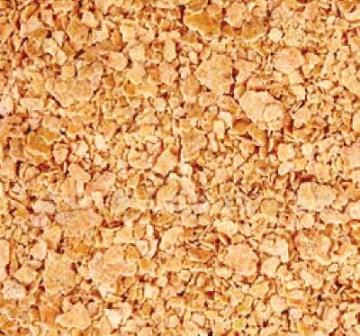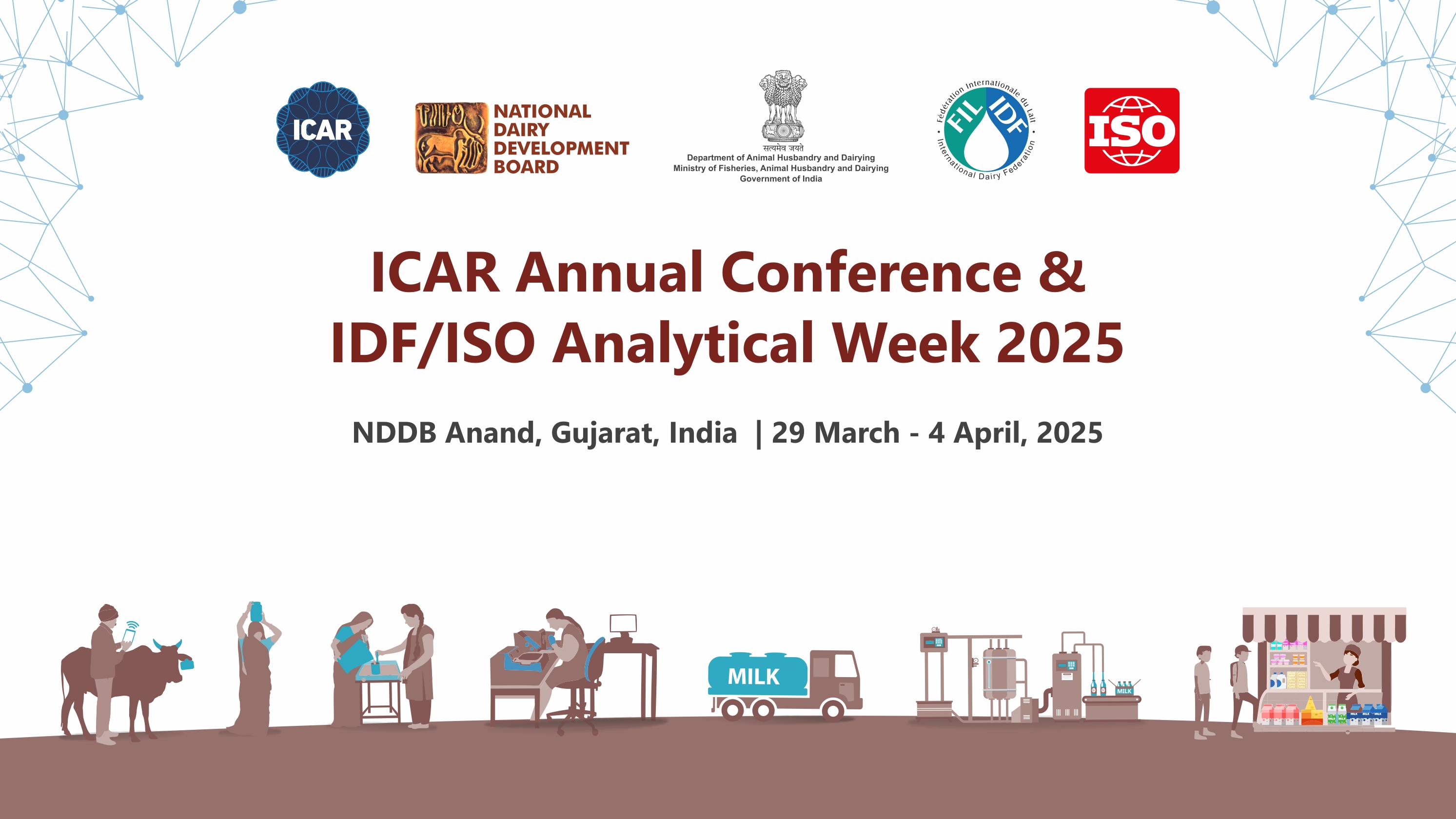
Soybean meal (Glycine max)
Soybean is the oilseed crop that is produced in the largest amounts in the world. In South Asian region, India ranks first in the production of soybean seeds. Soybean is an annual legume that grows in wide range of conditions. Soybeans contain from 16- 21% of oil and are normally solvent extracted. The residual meal has an oil content of about 1%.
Nutritive value : Soybean meal is an excellent feed for livestock; it is very palatable, highly digestible and contains a high amount of digestible energy. The CP content of soybean meal ranges from 45-55% and TDN from 75-84%, depending upon the extent of dehulling and the processing method used. The protein contains all the essential amino acids but the concentration of cystine and methionine are suboptimal. Methionine is the first limiting amino acid and may be particularly important in high energy diets. The CP of soybean meal is highly degradable in rumen and due to this, large amounts have not been fed to dairy or beef cattle. In recent years various methods for processing soybeans to reduce rumen degradation of CP have been developed. Soybean meal is better source of calcium and phosphorus than the cereal grains. Recently feeding of full fat roasted soybeans has emerged as an important ingredient in feeding dairy cattle especially in developed countries. Feeding of full fat soybeans has also been shown as a way of increasing the conjugated linoleic acid levels in the milk which has been shown to be a compound that reduces cancer in humans.
Deleterious factors: Soybean meal contains a number of toxic, stimulatory and inhibitory substances including allergenic, goitrogenic and anticoagulant factors. The anti nutritional factors associated with soybean meal are trypsin inhibitors, saponins, phytoestrogens, glucinins, goitrogens, lectins, mineral binding substances and several additional factors. Of particular importance in nutrition are the protease inhibitors of which six have been identified. Two of these, the kunitz anti trypsin factor and the bowman birk chymotrypsin inhibitor are of practical significance. The trypsin inhibitor has a lesser effect in ruminants as compared to monogastrics, because of their transformation in rumen. The trypsin inhibitor is easily deactivated by heating the soybean prior to feeding. Soybean meal contains about 0.1% of genistein, which has estrogenic properties and a potency of 4.44 x 10-6 times that of diethyl stilbesterol. The effect of this constituent on growth rate has not been elucidated. Soybean flour and isolated soy protein have been used as a partial replacement for milk proteins in the formulation of milk replacers in calves.
